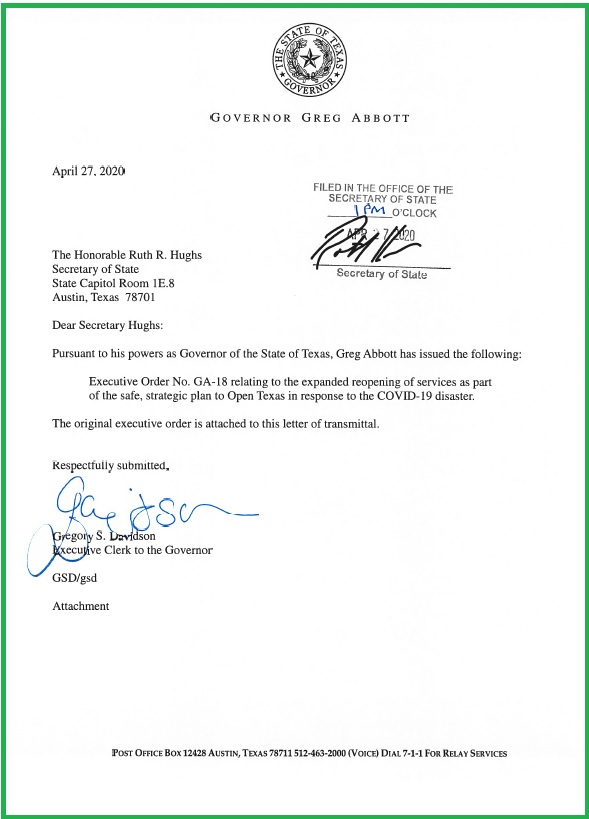Obama commutes sentence of Burnet County man

President Barack Obama has commuted the sentences of more individuals than the past seven presidents combined, calling it commitment to reforming the criminal justice system in a 'Nation of Second Chances.'
By Lew K. Cohn
Managing Editor
The Highlander
A Burnet County man is among those who have received a commutation of sentence from President Barack Obama as the final days of the Obama administration wind down.
Larry Dwayne Hill, 42, of Granite Shoals was originally sentenced to 262 months imprisonment and five years supervised release when convicted Feb. 2, 2007, of aiding and abetting to conspire to possess with intent to distribute more than 500 grams of methamphetamine, aiding and abetting the possession with intent to distribute more than 50 grams of methamphetamine and two counts of being a felon in possession of a firearm.
Under the commutation granted Dec. 19 by the president, Hill's prison term is set to expire on Dec. 19, 2018, provided he enrolls in a residential drug treatment program.
Eight days ago, President Obama granted clemency to 231 people. This marks the most pardons or commutations performed in a single day by any U.S. president. In addition to commuting the sentences of 153 people, including Hill, the president also granted pardons to another 78 individuals. In eight years, President Obama commuted the sentences of 1,176 people, including 378 given life sentences, and granted pardons to 148 people.
“The 231 individuals granted clemency … have all demonstrated that they are ready to make use — or have already made use — of a second chance, said White House counsel to the president Neil Eggleston. “While each clemency recipient’s story is unique, the common thread of rehabilitation underlies all of them.
“For the pardon recipient, it is the story of an individual who has led a productive and law-abiding post-conviction life, including by contributing to the community in a meaningful way. For the commutation recipient, it is the story of an individual who has made the most of his or her time in prison, by participating in educational courses, vocational training, and drug treatment. These are the stories that demonstrate the successes that can be achieved — by both individuals and society — in a nation of second chances.”






